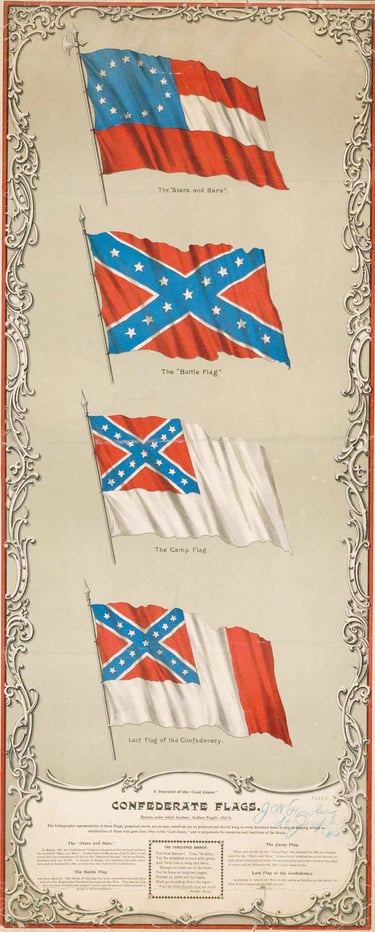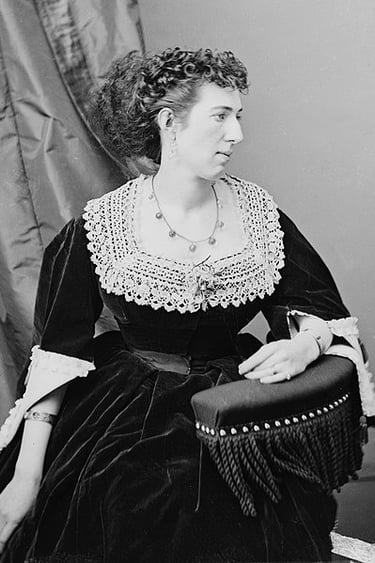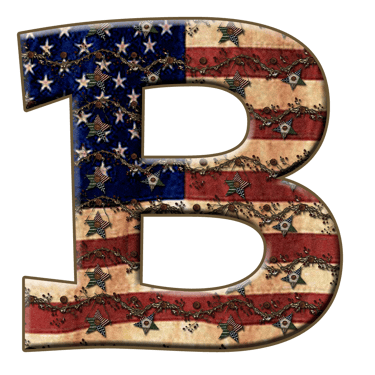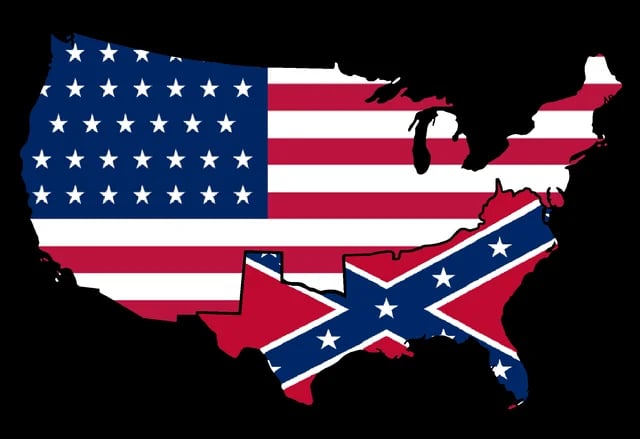

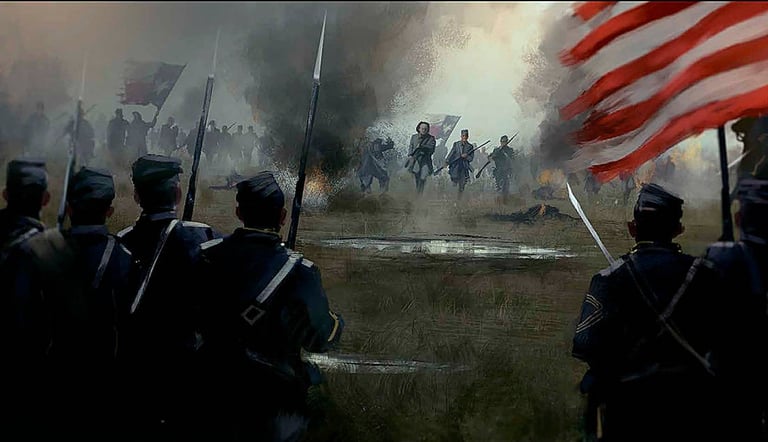

At 3:00pm, just pause. One minute. A moment of silence to honor every American soldier forced into combat against their fellow countrymen. Brother against brother. Neighbor against neighbor. The catalyst? Slavery — or more truthfully, the centuries of corruption, greed, and human commodification that festered beneath it.
We’ve been spoon-fed the story. Northern states = saviors. Southern states = villains. But like any historical tragedy, the truth is more complex, layered like a bitter onion that brings tears whether you want them or not. The Civil War began on April 12, 1861, but the seeds of its ignition were planted long before, in legislation, economics, spiritual doctrines, and family homes. Native American Netroots unpacks many hidden truths about the origins of the war, bringing to light the twisted roots of American politics and racial constructs.
History books tend to skim the depth. But facts remain: both the Union and Confederacy were upheld by men — and women — convinced they were on the right side of justice. And women? They weren’t just knitting and praying. They were everywhere — dressing as men to enlist, tending to the wounded, running farms, smuggling messages, holding down homes, even influencing battles. The New York Historical Society and the Army Heritage Center document their bravery, their grit, their sacrifice. Read up on The Cleopatra of The Secession, Belle Boyd, the ever-famous Clara Barton and Sarah Rosetta Wakeman - just to name a few.
Virginia alone bears witness to the countless unnamed women who served as nurses, spies, laundresses, and caregivers — their stories brushed aside like background noise in the face of cannon fire. Encyclopedia Virginia tells a more detailed story.
And what of Memorial Day itself? Once fixed on May 30, it was moved to the last Monday of May as part of the 1968 Uniform Monday Holiday Act — NOT to increase reflection, but to pad industrial productivity. A well-timed three-day weekend. Capitalism always finds a way to profit from pain. The American Presidency Project confirms the shift in motive.
Today, reverence is rare. In the urban areas I’ve lived, Memorial Day feels more like a block party than a moment of national remembrance. A long weekend, not a sacred pause. Few acknowledge the layers of contradiction, the faces behind the uniforms, or the causes they were tricked, coerced, or compelled to die for.
Woke folks cherry-pick history, glossing over inconvenient truths — like the fact that some Black Americans were slaveholders too. The Root breaks it down, challenging sanitized narratives that simplify oppressor vs. oppressed. The reality? Free Black slaveowners existed, particularly in places like Louisiana, South Carolina, and Virginia. Some did it to protect their own kin, while others participated in the same cruel system of ownership for profit and prestige. Their motivations were varied, murky, and controversial — a reflection of a society built on contradictions.
And Native American nations? They weren't monolithic in their beliefs either. Some tribes, like the Cherokee, Choctaw, Chickasaw, Creek, and Seminole — often referred to as the Five Civilized Tribes — practiced chattel slavery and aligned with the Confederacy. Many adopted slavery after assimilation policies encouraged them to mirror Euro-American ways of life. It’s a brutal truth that complicates the romantic image of Indigenous solidarity against colonial power. During the Civil War, thousands of Native men fought on both sides, with some Confederate Native regiments defending slavery as part of their political alliance and survival strategies.
The Civil War legally concluded on August 20, 1866, though most schools end the story with Lee’s surrender at Appomattox in April 1865. That’s how this country functions — prematurely closing chapters before understanding the plot because it appears as though current politics are brewing the same bitter tea. Divided ideologies, economic unrest, racial tension — sound familiar? The signs are there. And if we don’t remember the blood-soaked lessons of the past, we’re doomed to replay them. The future will demand survival, resilience, and a memory of what once was.
There's a certain obligation to honor the sacrificed — not just by name, but by the painful, necessary truths they left behind. So, this Memorial Day, don’t just BBQ. Don’t just shop the sales. Light a candle. Read an old letter. Visit a grave. Research your ancestry. Teach your children. Recognize that history is never behind us. It loops, like a snake eating its tail.
Although the holiday is now associated with memorializing all fallen soldiers, the origin of Memorial Day stems from a civil war fought to both preserve and abolish the heinous practice of slavery. Persons that still proudly display the Confederate flag are clinging to abhorrent ideologies and are ironically (and idiotically) outing themselves as segregationists — in this day and age. To claim the flag is a 'symbol of heritage' is in turn aligning yourself with the meaning that it entails; mind you, that seceded states didn't give a shit about tariffs or other policies as all of that took a backseat when it came to the lucrative business of slavery. Not only did they want to keep the institution of slavery, but they also wanted to expand westward, and the union wanted it eradicated - plain and simple. Every article of succession from all of the 13 states that the Confederate flag represented all stated that exclusively in those documentations.
👀 They can claim that waving the Confederate flag is about "heritage" — but let’s call it what it really is: total nonsense. What they're actually longing for is a society rooted in segregation, because they know slavery isn’t coming back. So instead, they fantasize about a divided America, where separatist ideals are the next best thing. As ridiculous and backward as that sounds, it reveals exactly where their values lie.
An oration from Union General, John A. Logan on May 30, 1870, declared:
" This Memorial Day on which we decorate their graves with the tokens of love and affection, is no idle ceremony with us to pass away an hour, but it brings back to our minds in all their vividness; the fearful conflicts of that terrible war in which they fell as victims. Let us then all unite in the solemn feelings of the hour and tender with our flowers: the warmest sympathy of our souls! Let us revive our patriotism and love of country by this act and strengthen our loyalty by the example of the noble dead around us."
And so, we shall, Sir.
